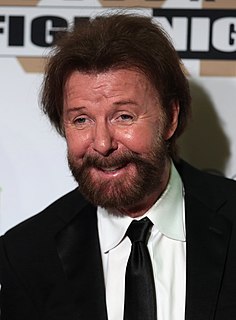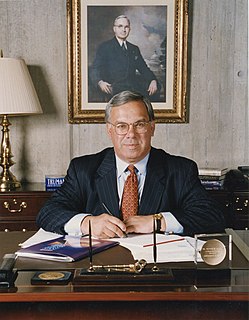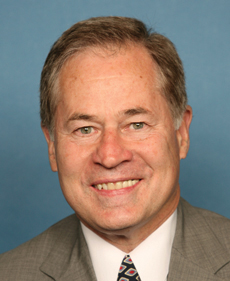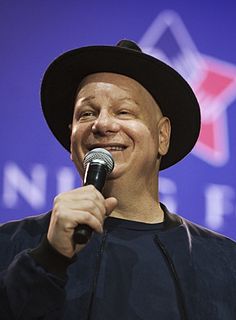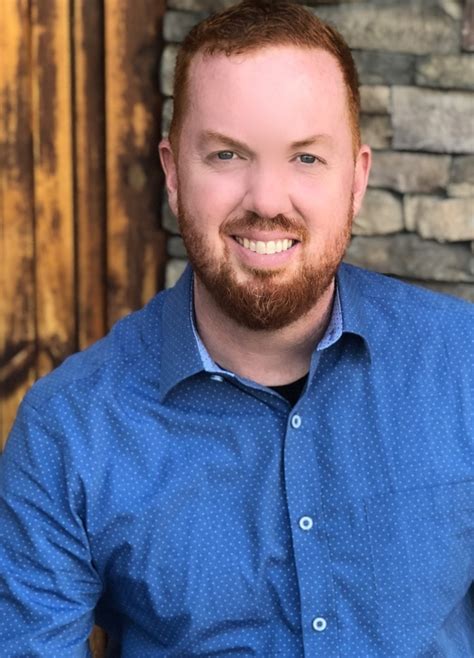A Quote by Rahm Emanuel
Chicago is where the whole idea of community policing began. It remains the - the best and the most comprehensive approach we have in changing the everyday conditions that breed crime and violence - and then breed mistrust. We have more work to do. We need better training to live up to the values and the principles of community policing.
Related Quotes
When we look at cities across the country, Cincinnati, for example, where they have come under DOJ guidance with a consent decree, we see that, over time, there has been a transformation in the relationship between the police and the community, where now they have a partnership and true collaborative policing, co-policing, to make the community safer overall.
In Boston where community policing is so important, they don't necessarily have to like each other, but they know each other. The cops in Boston make it their business to get out of their vehicles, to engage the public, to walk around the neighborhoods. They live in the community that they police. And I think these things help.



